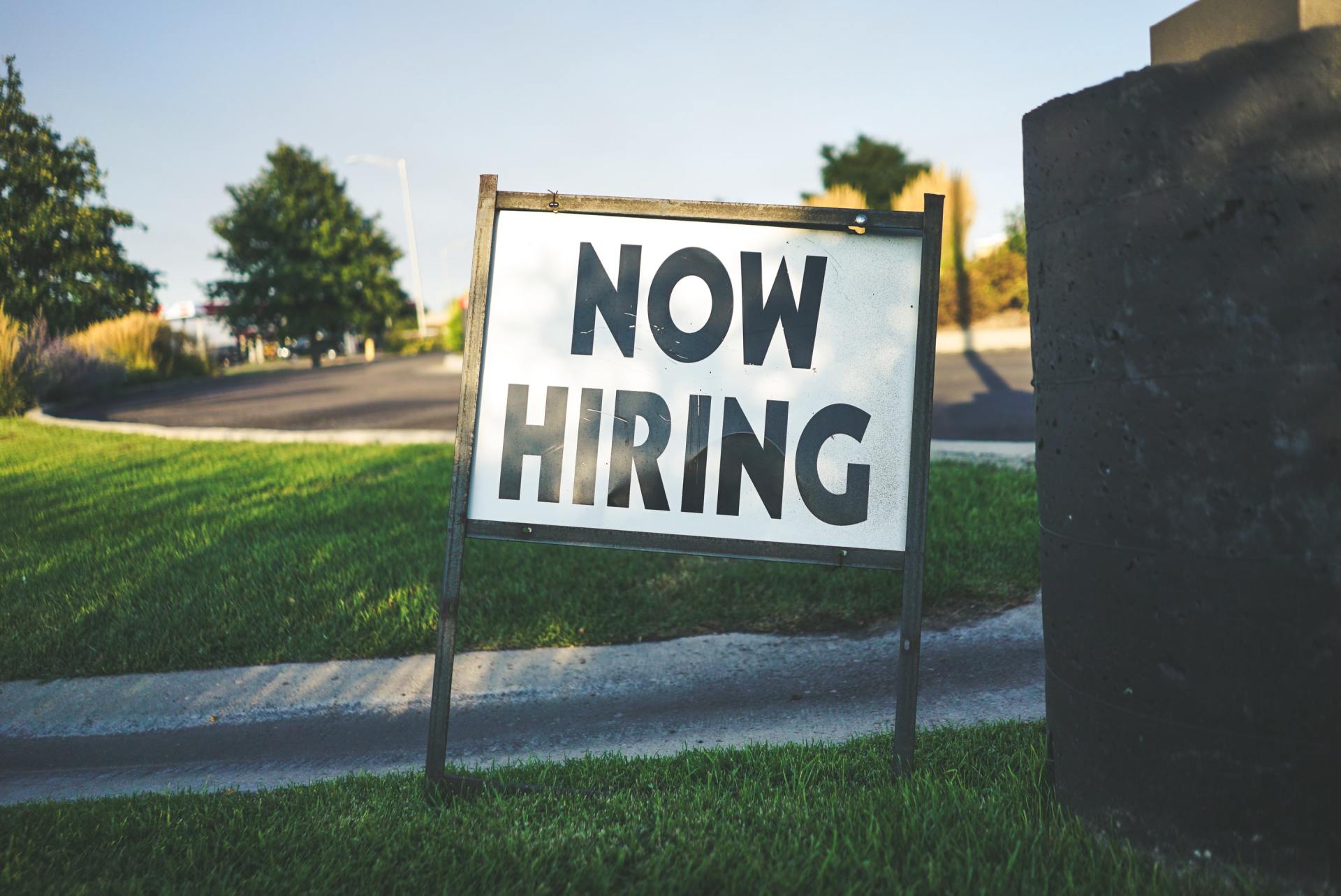
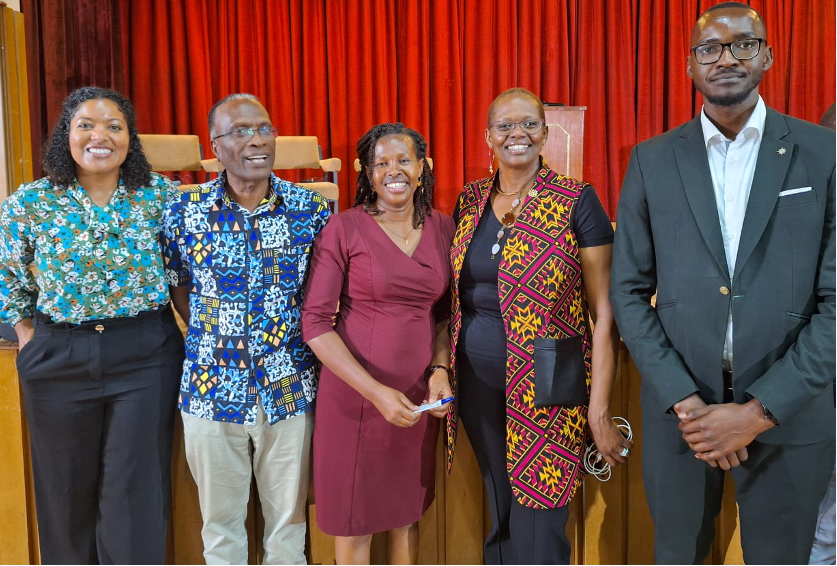
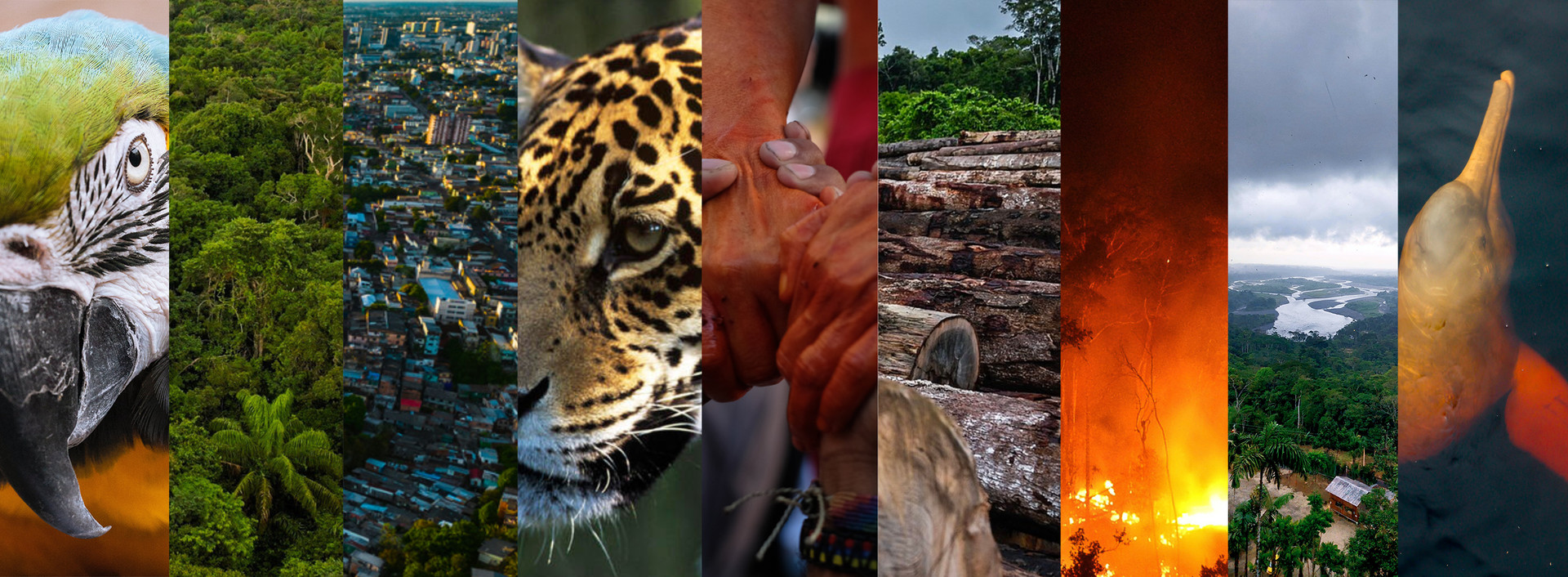
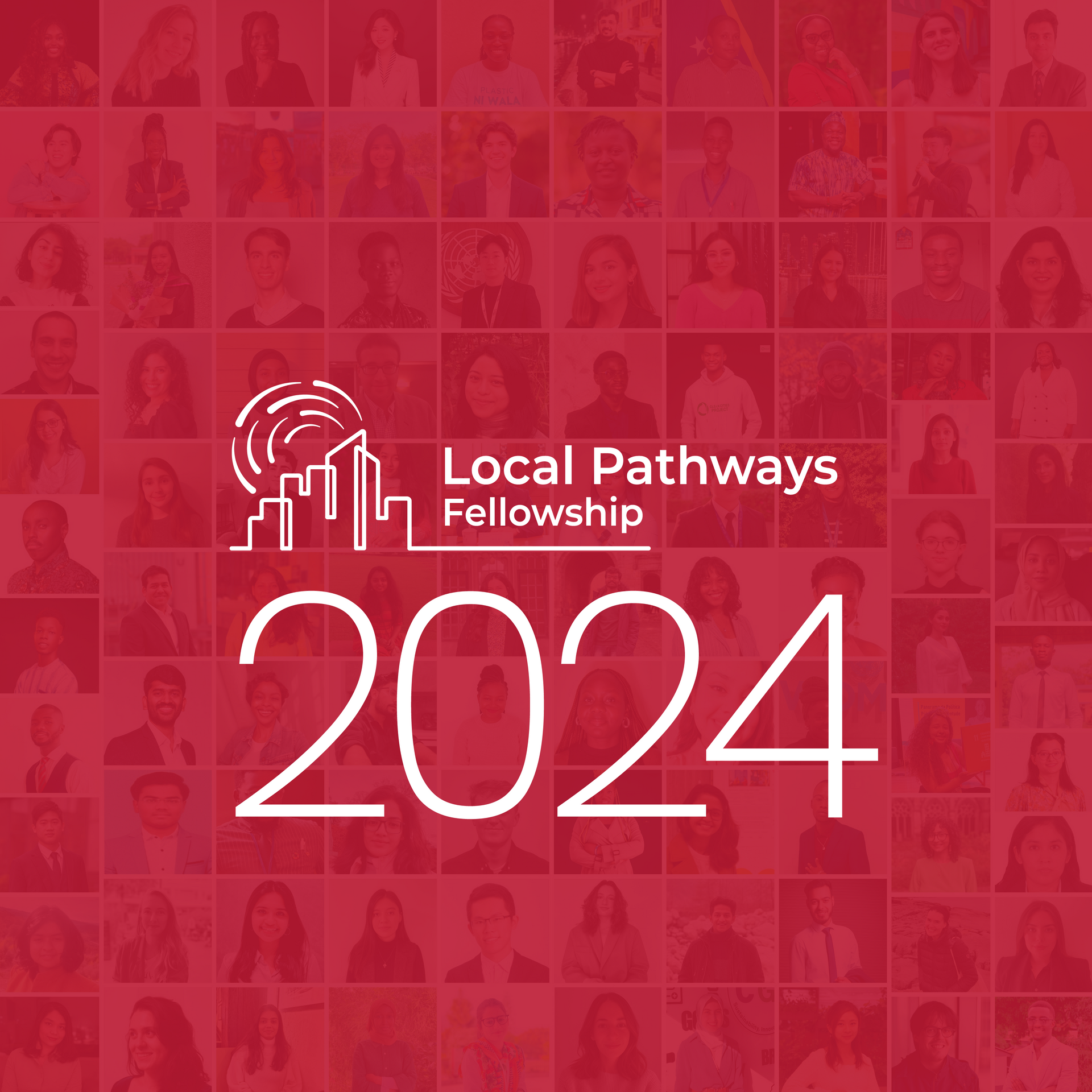
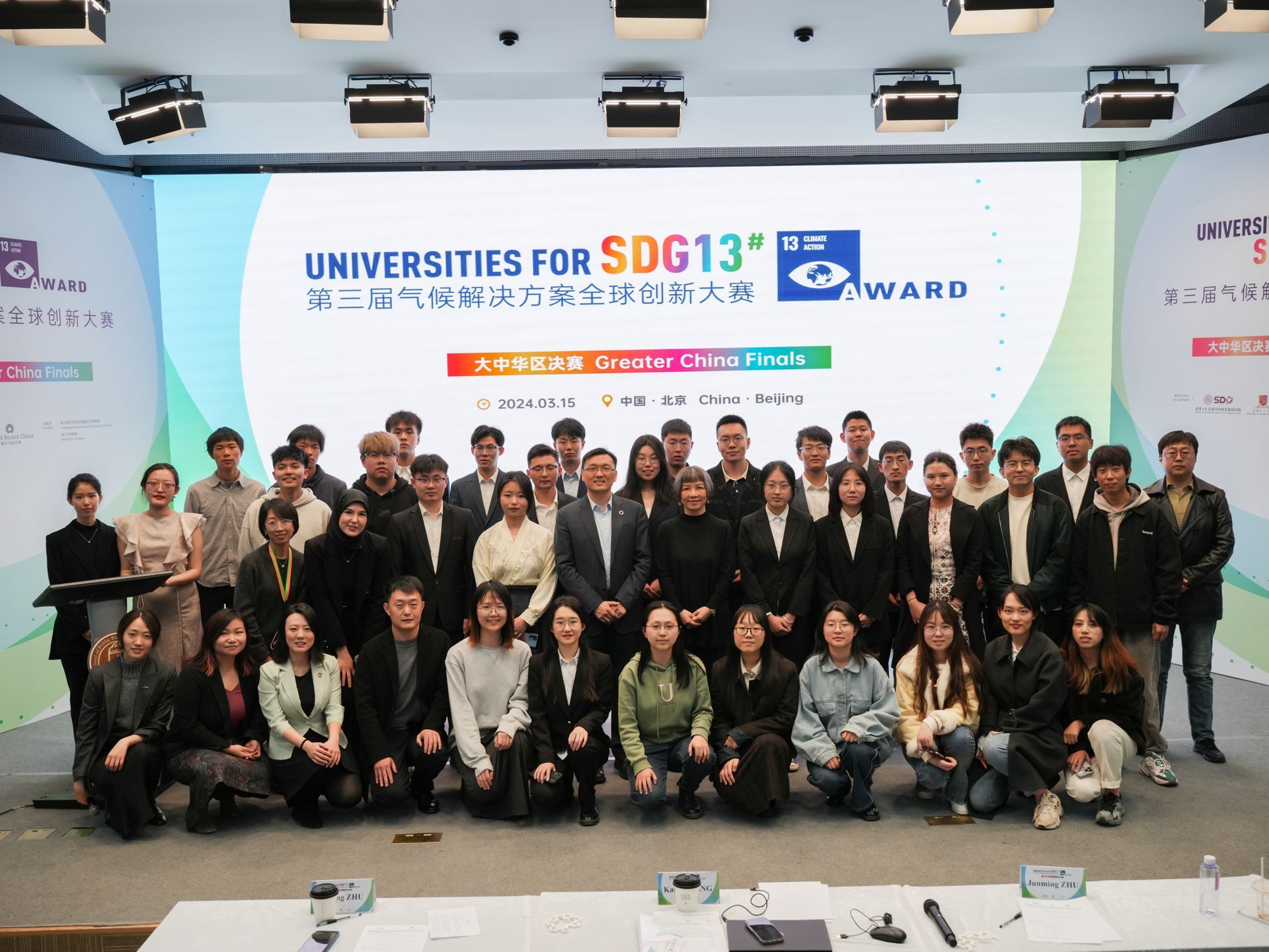
SDSN had a busy 2021 where a number of our networks, programs, and teams supported the progress towards achievement of the Sustainable Development Goals (SDGs) and the Paris Climate Agreement.
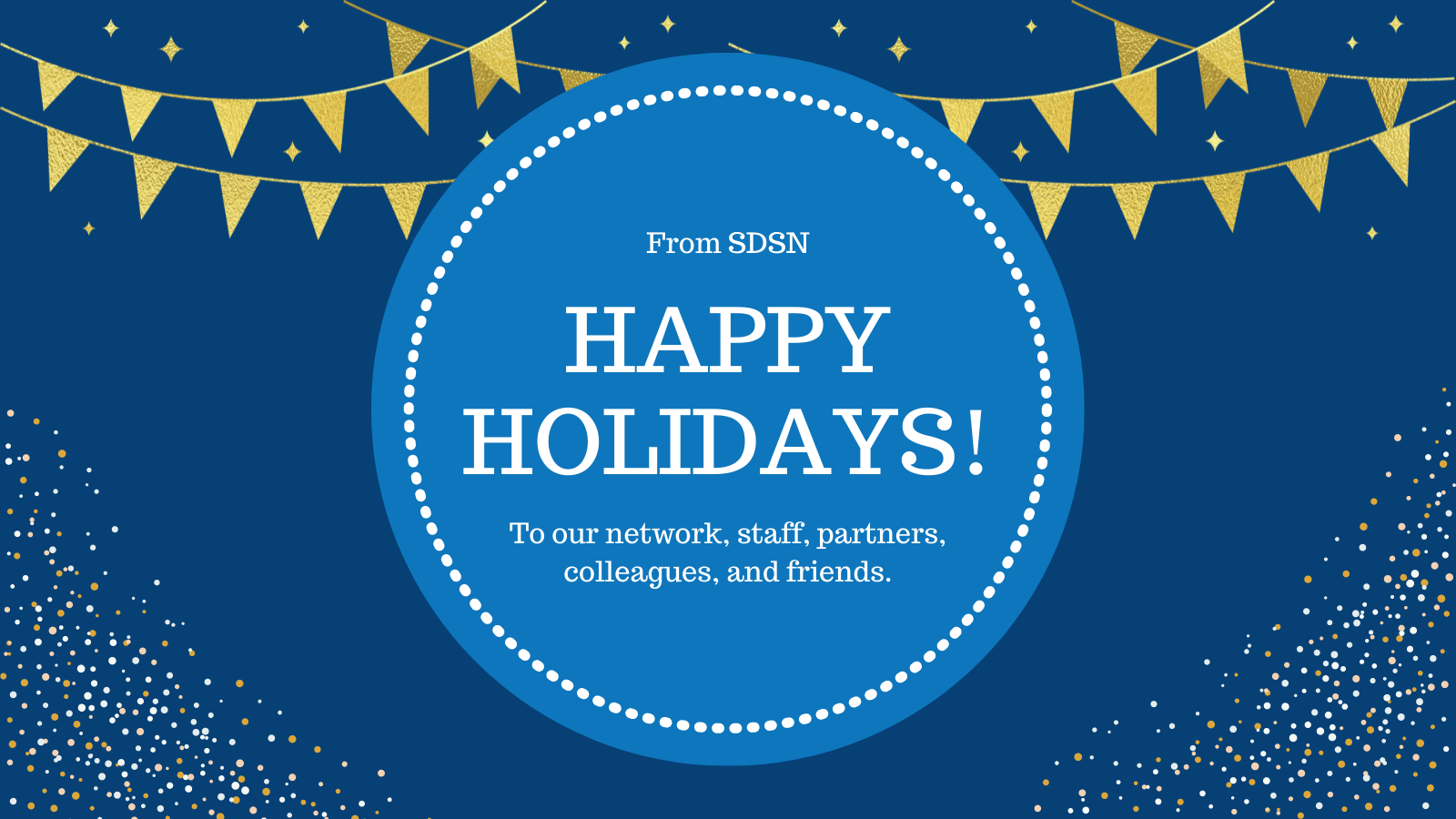
The worldwide growth of SDSN membership and the six new SDSN networks added over 2021 are testimony to the vital importance and relevance of our university networks despite the pandemic context. The 2021 Networks in Action report,
launched in November, features all the major accomplishments of these national, regional and thematic networks.
The Networks program also issued two new SDG Action
publications to support the UN’s Decade of Action : the SDGs Edition
in July for the High-level Political Forum and the Climate Action Edition
for COP26. Written by world-leading experts, the SDG Action articles are a resource for sustainability practitioners in all sectors and provide timely analysis of the most pressing challenges, while identifying tangible ways to accelerate progress. In addition, our flagship report on Accelerating Education in Universities
was translated into five languages and a new set
of 75 innovative and inspiring case studies were selected to showcase how higher education institutions around the world are implementing and mainstreaming education for the SDGs.
Modeled off of our global meeting during the 2020 HLPF, the Networks program launched the regional University Presidents Meetings in December. The Asia-Pacific regional meeting
brought together 135 participants, including the Presidents of 98 Universities from 31 different countries. The series will continue in the first months of 2022 for Central Asia, Europe and Middle East (January 18th), Africa (March 10th), and the Americas (April 21st).
At COP26 this year, the Science Panel for the Amazon released their landmark 2021 Amazon Assessment Report , warning decision makers and the general public that the Amazon is on the verge of reaching a tipping point and providing recommendations for sustainable development pathways to avoid more catastrophic events. Along with the report, they also provided a policy brief. The SPA, which consists of over 200 experts and has been covered in The Guardian , BBC Storyworks , and O Globo , seeks to continue their scientific assessments and to be the Amazon's scientific voice.
Finally, the SDG Academy brought out its second Annual Report
that describes in detail the activities, programs, and community of learners that the SDG Academy has built over this past year.
In 2021, the SDG Index team launched the 6th edition of the Sustainable Development Report , tracking progress on the SDGs for all 193 UN Member States. The report underlined the need to address the lack of fiscal space in low and middle-income countries and key priorities to restore and accelerate SDG progress globally.
In addition, the team expanded its work on SDG data and policies at the regional and subnational level, with flagship reports and activities in Europe , Brazil , Paraguay , the United States , Uruguay , and on leaving no one behind. The team continued its work on SDG policy tracking , and on using the SDGs to guide investments decisions.
The team also expanded its work on measuring environmental and socio-economic international spillovers embodied into trade and their policy implications. The 2021 edition of the Global Commons Stewardship Index measures the environmental impacts of 100 countries and entities, both domestically and internationally. It was published in a flagship OECD report and described in a Working Paper. A Policy Brief on the EU’s impacts embodied into the food supply chains was also released. The team continues to work closely with Eurostat on measuring spillovers.
A new pilot Multidimensional Vulnerability Index assesses the relationship between structural vulnerability and SDG outcomes for Small Island Developing States (SIDS). The work on SDG and SIDS was featured in op-eds and policy briefs. Further work is planned in 2022 on financing the SDGs in SIDS.
The work of the SDG Index and Data team was featured and discussed in mainstream media , specialized journals , referenced by Governments and Parliaments , presented at high-level events , and published in the scientific literature.
SDSN’s SDGs Today strives to provide a snapshot of the state of sustainable development around the world in real-time, enabling users to produce, access, and engage with timely data on sustainable development, and provide individuals with geospatial information systems (GIS) training and education resources to drive action towards the SDGs. Our 2021 highlights include:
SDSN Youth, SDSN’s youth initiative, saw a year of growth as well as active engagement and partnership building with the UN Office of the Secretary-General's Envoy on Youth and other organizations in the youth x SDG space.
SDSN TReNDS has become a central player in producing cutting-edge research on how to harness new data and methods, including geospatial data, big data, and citizen science, to better guide decision-making and progress on the SDGs. This year, TReNDS produced two key reports, including guidance for countries on leveraging partnerships to harness big data for national SDG monitoring and an accountability report offering recommendations for strengthening the G7 Partnership for Women's Digital Financial Inclusion in Africa. The network continues to build and scale the Data For Now initiative , a joint project in coordination with the World Bank, the UN Statistics Division, and others to improve the timeliness of countries’ data, and launched several expert member workstreams related to key challenges within the data ecosystem for members to discuss, debate, and work towards developing solutions.
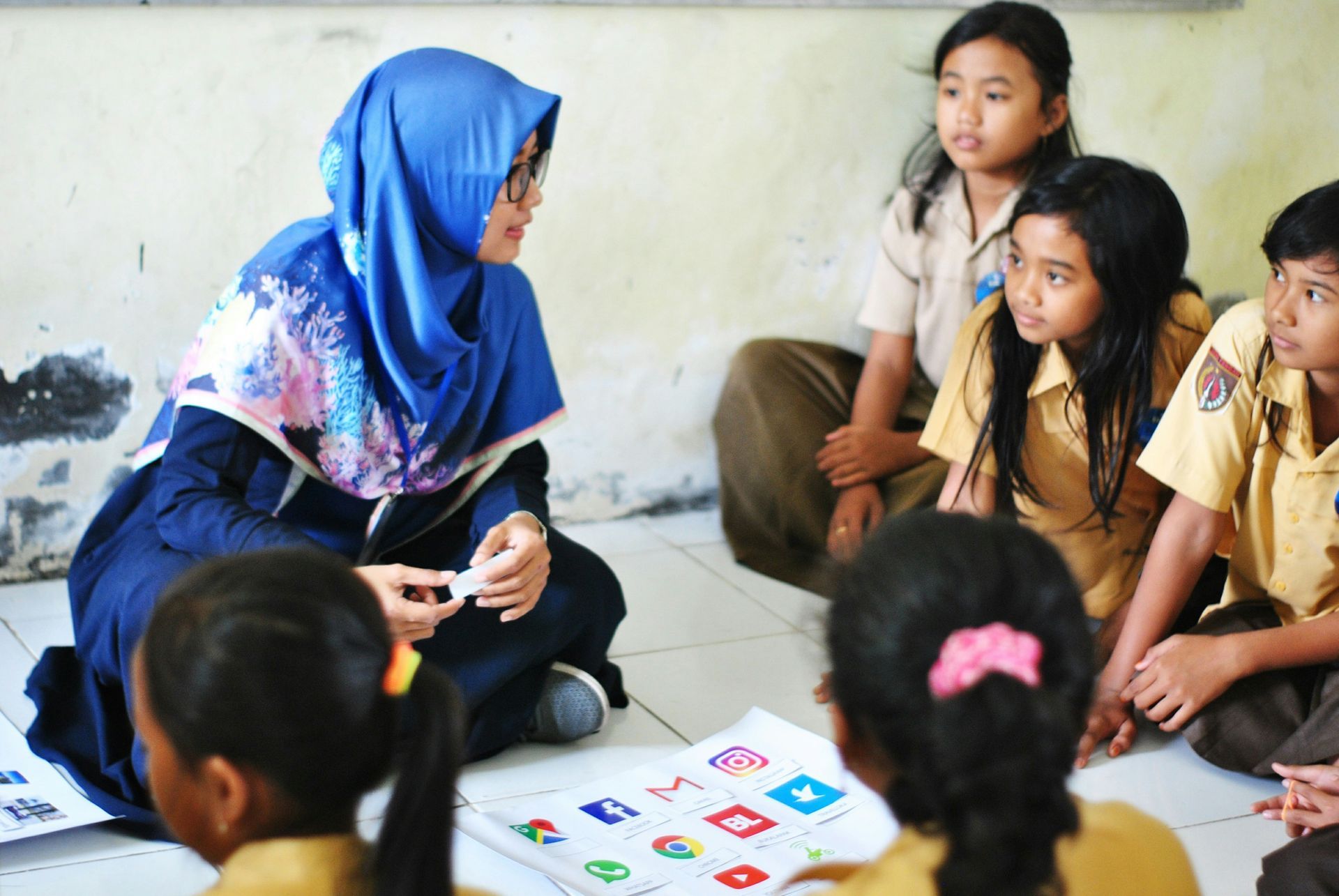





Get our latest insights, opportunities to engage with our networks, and more.
SDSN mobilizes global scientific and technological expertise to promote practical solutions for sustainable development, including the implementation of the Sustainable Development Goals (SDGs) and the Paris Climate Agreement.
Paris
19 rue Bergère
75009 Paris
France
+33 (0) 1 84 86 06 60
New York
475 Riverside Drive
Suite 530
New York NY 10115 USA
+1 (212) 870-3920
Kuala Lumpur
Sunway University
Sunway City Kuala Lumpur
5 Jalan Universiti
Selangor 47500
Malaysia
+60 (3) 7491-8622